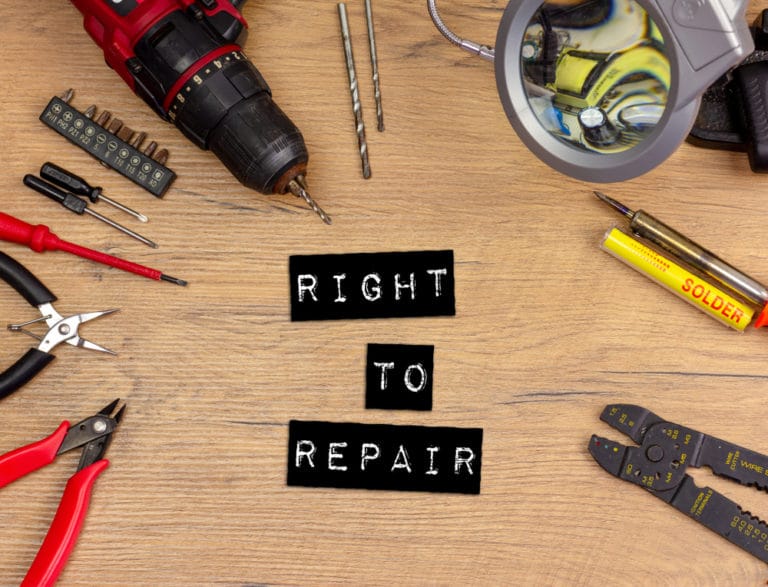Under the proposed regulations, which are part of the EU’s ambitious green push, manufacturers will have to repair goods still under guarantee if it costs the same or less than buying a replacement. Customers will also have the right to demand that firms fix their products within 10 years of purchase, even if they are no longer under warranty.
The 10-year rule will apply to products that meet the EU’s “repairability requirements,” with phones and tablets soon entering that category.
The EU estimates that 35 million tonnes of waste are created yearly in the bloc due to viable products being discarded prematurely, with consumers spending 12 billion euros annually on replacements.
The new regulations will raise consumer awareness
The rules are expected to let customers know their goods can be repaired, reducing waste, greenhouse gas emissions, and the use of resources. EU commissioner Didier Reynders said, “it’s essential that consumers can get their goods repaired, and more easily and buy less.”
The proposals also include setting up online databases to help consumers find repairers. These regulations have been a long time coming, with consumers and green groups advocating for tighter rules to ensure that companies offer more accessible options for repairing their goods.
Monique Goyens, director of the European Consumer Organisation, praised the proposal, saying that “longer-lasting and more repairable products are a no-brainer to save consumers’ money and the planet’s resources.”
The regulations could accomplish more
Goyens also believes the EU should consider extending the legal guarantee period beyond the current two-year period for longer-lasting goods.
Green MEP Anna Cavazzini welcomed the move to prioritize fixing products still under guarantee. However, it also made it easier for independent repairers to mend goods, so corporate giants like Apple no longer dictate the repair rules.
The proposed regulations must now be negotiated between the European Parliament and member states before becoming law. If successful, they will help reduce the amount of waste produced in the EU each year and give consumers more control over their purchases.
Also read: EU lawmakers struggle to create rules for AI as industry booms



















